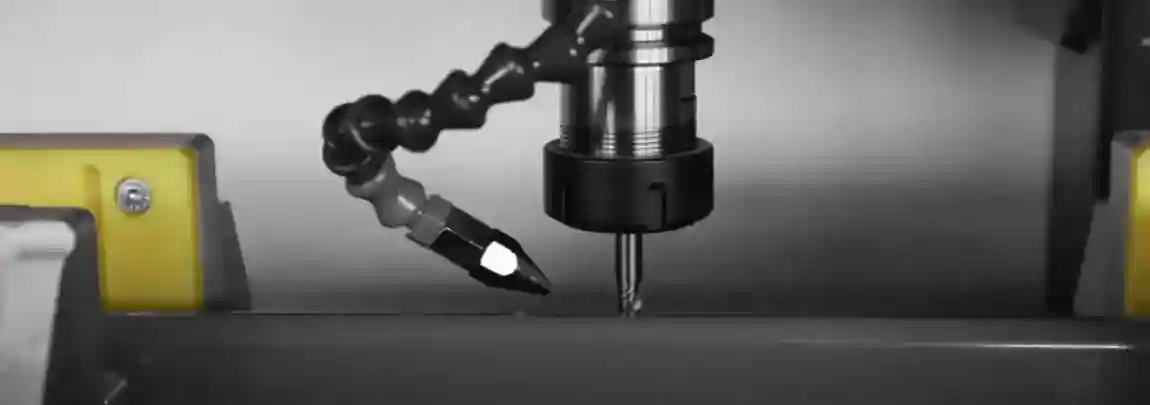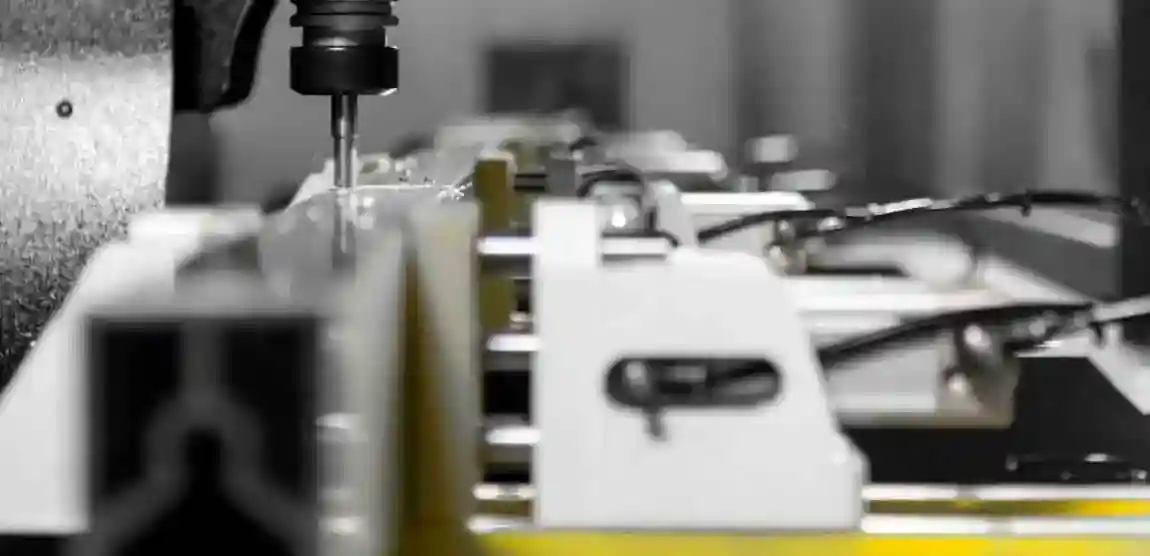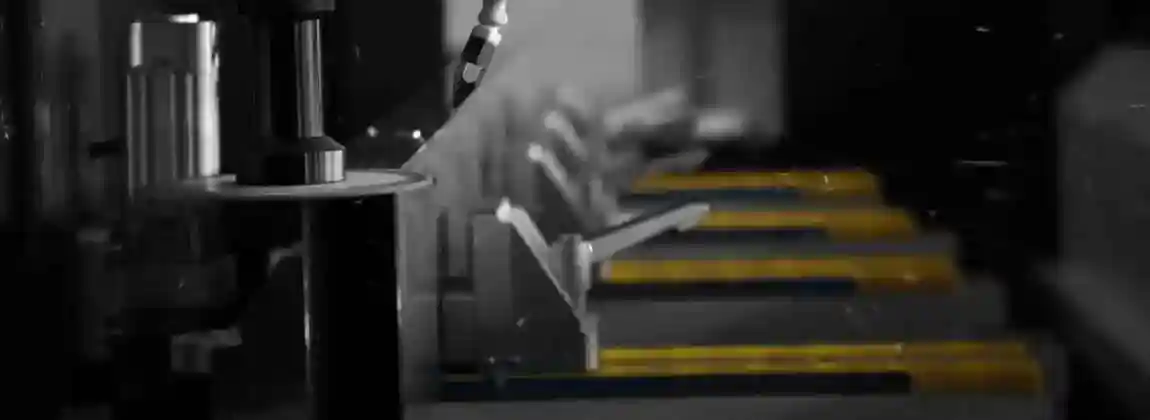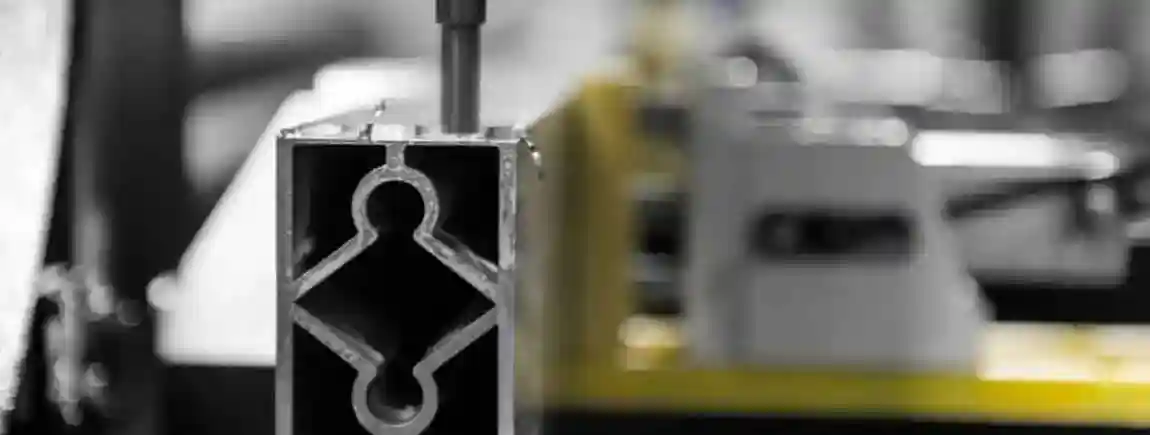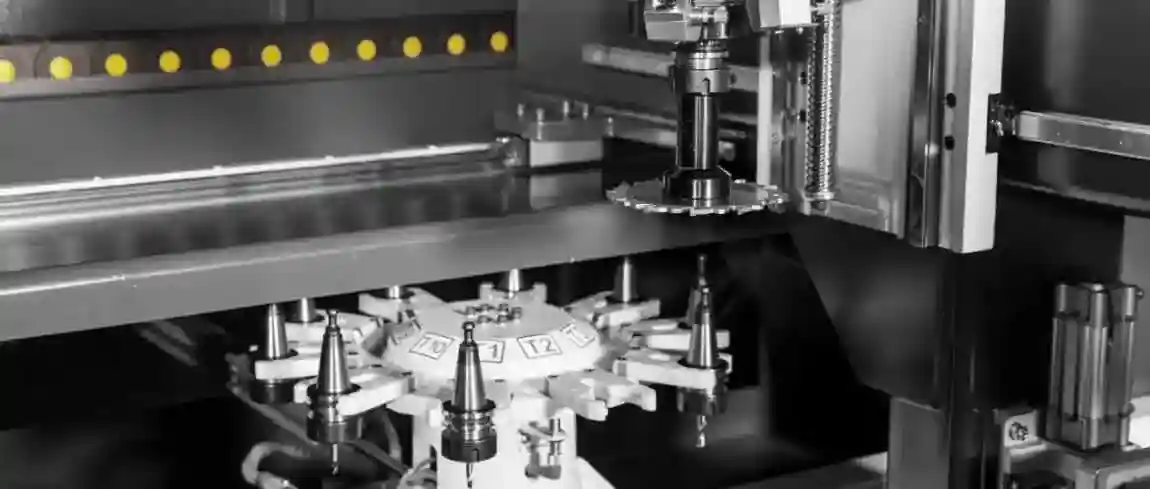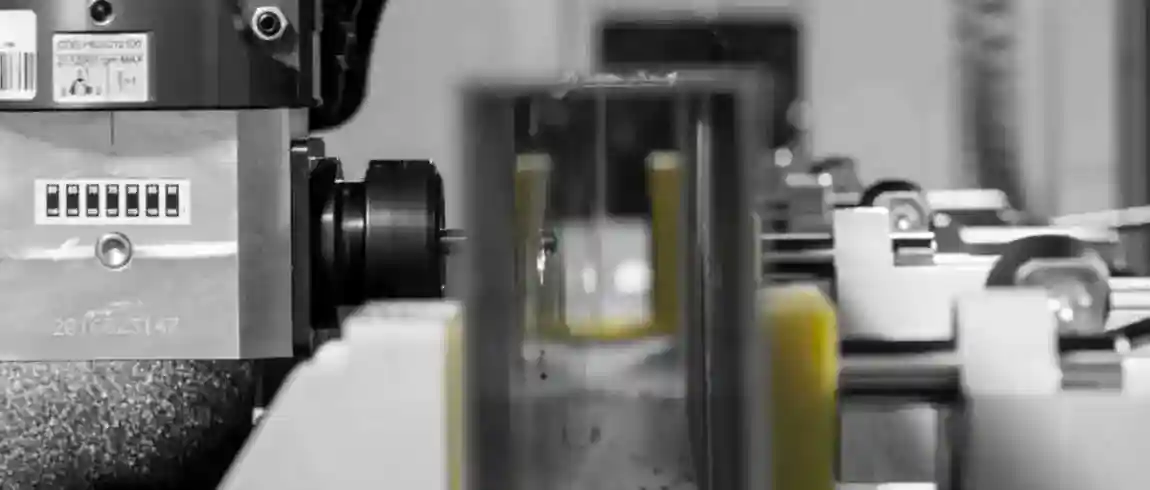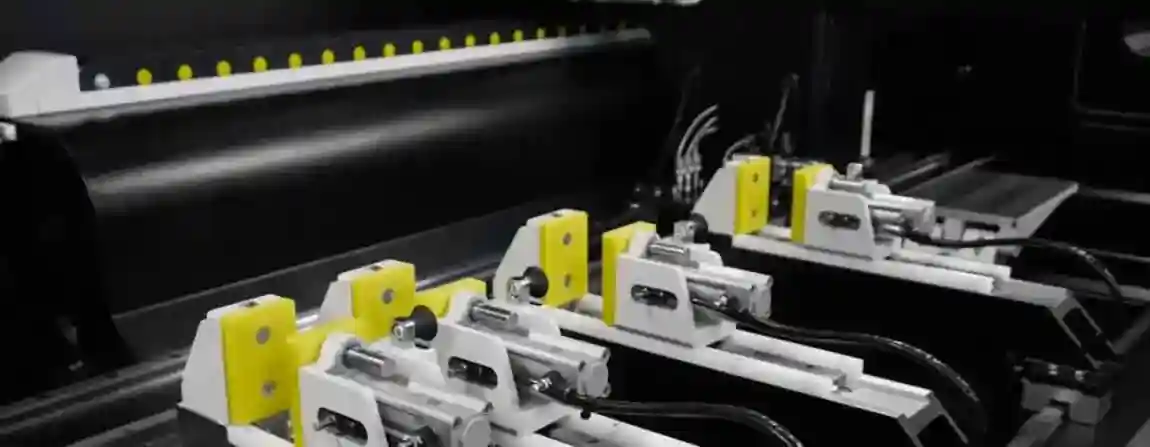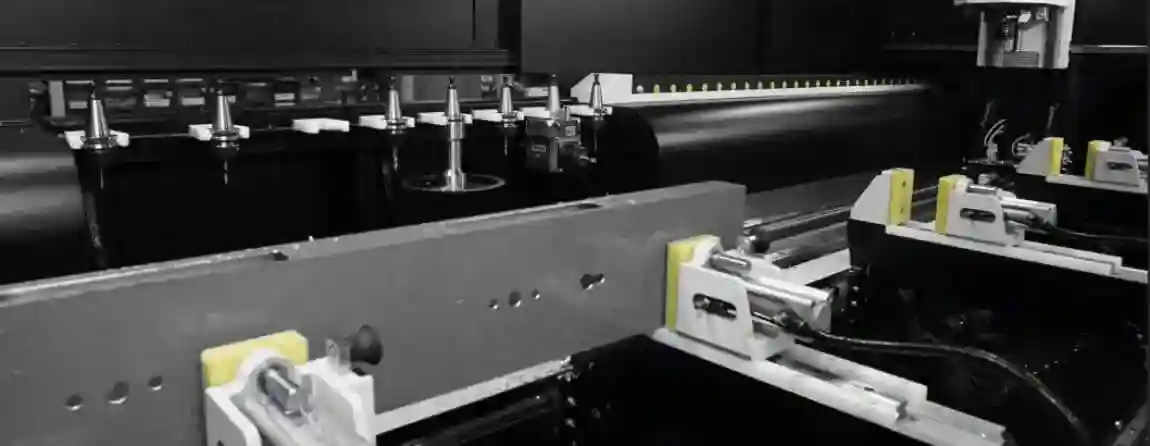-

Company
Product
ALUMINIUM MACHINES
PORTABLE MITER SAWS FOR ALUMINUM
PORTABLE COPY ROUTER MACHINES FOR ALUMINIUM
PORTABLE END MILLING MACHINES FOR ALUMINIUM
AUTOMATIC MITER SAWS FOR ALUMINIUM
COPY ROUTER MACHINES FOR ALUMINIUM
END MILLING MACHINES FOR ALUMINIUM
ALUMINUM CORNER CRIMPING MACHINE
DOUBLE MITRE SAWS FOR ALUMINIUM
AUTOMATIC SAWS FOR ALUMINIUM
BAR PROCESSING CENTERS
MACHINING CENTERS FOR ALUMINIUM COMPOSITE PANELS
NOTCHING SAWS
WEDGE CUTTING SAWS AND NOTCH CUTTING SAWS
MITER SAWS FOR ALUMINIUM
PVC PLASTIC MACHINES
PORTABLE MITER SAWS FOR PLASTIC
PORTABLE COPY ROUTER MACHINES FOR PLASTIC
PORTABLE END MILLING MACHINES FOR PLASTIC
MITER SAWS FOR PLASTIC
COPY ROUTERS FOR PLASTIC
END MILLING MACHINES FOR PLASTIC
WELDING MACHINES FOR PLASTIC
CORNER CLEANING MACHINES FOR PLASTIC PROFILES
DOUBLE MITRE SAWS FOR PLASTIC
BAR PROCESSING CENTERS
GLAZING BEAD SAWS
AUTOMATIC MITRE SAWS FOR PLASTIC
METAL MACHINES
MANUAL METAL SHEET BENDING MACHINE
MANUAL BENDING MACHINES
HYDRAULIC BENDING MACHINES
NON MANDREL BENDERS
PLATE BENDING MACHINES
BORDERING AND TRIMMING MACHINES
HORIZONTAL PRESSES
BELT GRINDING MACHINES
PIPE NOTCHING MACHINES
PIPE POLISHING MACHINES
LASER CUTTING MACHINES
PRESS BRAKES
VERTICAL TURNING CENTERS
MACHINING CENTERS
WOOD MACHINES
GLASS MACHINES
ROBOTICS SPECIAL MACHINERY
Service
Blog
Contact
Blog
- Home
- Blog
- WINDOW MACHINERY
- GLOBAL WINDOW PRODUCTION LINE MANUFACTURERS
GLOBAL WINDOW PRODUCTION LINE MANUFACTURERS
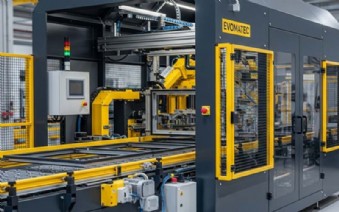
Global Window Production Line Manufacturers – Complete Guide for Buyers and Industry Professionals
Introduction
The global construction and fenestration industry has been undergoing rapid change, driven by the growing demand for energy-efficient, durable, and aesthetically appealing windows. One of the critical factors that define the success of window fabrication companies is their production technology. This is where global window production line manufacturers play a decisive role.
A window production line is more than just a machine. It is a complete system designed to automate and streamline multiple processes such as cutting, welding, corner cleaning, glazing bead preparation, assembly, and finishing. Leading global manufacturers provide integrated solutions that enable companies to reduce costs, increase efficiency, and deliver high-quality products consistently.
This comprehensive guide will explore the role of window production line manufacturers worldwide, the technologies they provide, industry trends, price factors, selection criteria, and the future of the sector.
What is a Window Production Line
A window production line is a combination of machines, automation systems, and tools designed to manufacture PVC, uPVC, aluminium, or hybrid windows in an efficient and standardized manner. It typically includes:
-
Cutting machines for window profiles
-
Welding machines for PVC or uPVC corners
-
Corner cleaning machines for finishing
-
CNC machining centers for aluminium profiles
-
Milling and drilling machines for hardware slots
-
Glazing bead cutting equipment
-
Automatic assembly units
-
Software integration for workflow management
Global manufacturers of these lines are not only equipment suppliers but also partners providing installation, training, service, and technical support.
Types of Window Production Lines Manufactured Globally
-
PVC and uPVC Window Production Lines
-
Specialized for welding, cleaning, and assembling PVC profiles
-
Common in residential window production
-
-
Aluminium Window Production Lines
-
CNC-based machining centers for cutting, drilling, and milling
-
Ideal for curtain walls, commercial facades, and high-end residential projects
-
-
Hybrid Production Lines
-
Designed for companies working with both PVC and aluminium
-
Provide flexible manufacturing solutions
-
-
Automatic and Semi-Automatic Lines
-
Semi-automatic: lower cost, requires more labor
-
Fully automatic: higher cost but ensures maximum efficiency and consistency
-
-
Customized Window Production Lines
-
Tailored to customer requirements
-
Includes special machines for unique profiles or production capacities
-
Leading Characteristics of Global Manufacturers
-
Advanced CNC technology integration
-
High-speed and precision cutting systems
-
Energy-efficient heating and welding systems
-
Industry 4.0 compatibility for smart factory integration
-
Strong after-sales service and global spare parts networks
-
Wide range of machines for different scales of production
-
Compliance with international quality standards
Importance of Choosing the Right Manufacturer
Working with the right global window production line manufacturer is a strategic decision that influences long-term profitability. Reliable manufacturers provide:
-
Proven technology with guaranteed performance
-
Training programs for staff
-
Warranty and service contracts
-
Remote diagnostics and digital monitoring
-
Availability of spare parts worldwide
-
Engineering support for production optimization
Choosing the wrong manufacturer, on the other hand, can lead to downtime, high maintenance costs, and a poor return on investment.
Factors That Influence Prices of Production Lines
-
Material Type – PVC, uPVC, aluminium, or hybrid production lines vary in price.
-
Automation Level – manual, semi-automatic, or fully automated systems.
-
Machine Complexity – multi-axis CNC machining centers cost more than basic saws or welders.
-
Production Capacity – high-volume industrial lines are significantly more expensive.
-
Software Integration – smart factory solutions add cost but improve efficiency.
-
Manufacturer Reputation – established global brands command higher prices.
-
Service and Warranty – extended support packages affect total cost.
Typical Price Ranges
-
Small-scale semi-automatic lines: low to medium cost
-
Medium-scale automatic lines: medium to high cost
-
Large-scale fully automated CNC lines: high to very high cost
While prices vary greatly depending on features and origin, global manufacturers often provide financing solutions or leasing programs.
Global Market Trends in Window Production Lines
-
Rising demand for energy-efficient windows – driven by stricter building codes.
-
Increased automation – companies invest in full CNC-based production lines.
-
Growth of Industry 4.0 solutions – integration of software, sensors, and data analytics.
-
Expansion in emerging markets – Asia, Africa, and South America show strong demand.
-
Refurbished production lines – popular for cost-conscious buyers.
-
Focus on sustainability – machines with lower energy consumption and eco-friendly processes.
How to Select the Right Global Manufacturer
-
Evaluate reputation and references – check installations in other factories.
-
Analyze product portfolio – ensure the manufacturer covers your entire production needs.
-
Request live demonstrations – test machine performance before purchase.
-
Verify service network – strong global service presence is essential.
-
Compare prices and financing options – focus on total cost of ownership.
-
Check compliance – ensure machines meet CE, ISO, or other local standards.
-
Scalability – choose systems that allow future upgrades or expansion.
Common Challenges with Global Manufacturers
-
Delivery delays due to international logistics
-
Higher prices for spare parts outside the main manufacturing region
-
Language and communication barriers in service support
-
Variations in electrical standards and certifications
-
Long lead times for customized equipment
Benefits of Working with Established Global Manufacturers
-
Access to proven, reliable technologies
-
High resale value of machines
-
Worldwide service and spare parts availability
-
Continuous updates in line with new construction standards
-
Training programs and technical documentation in multiple languages
-
Partnerships that enhance long-term competitiveness
Future Outlook for Global Window Production Line Manufacturers
The future of window production technology is moving toward complete digital integration. Smart production lines will feature predictive maintenance, AI-driven process optimization, and remote factory management. Demand will continue to rise for fully automated CNC lines that combine efficiency, precision, and sustainability.
Emerging markets will provide significant growth opportunities, while developed markets will focus on replacing outdated equipment with energy-efficient alternatives. Manufacturers who combine innovation, cost-effectiveness, and strong after-sales service will dominate the global market.
Conclusion
Global window production line manufacturers are the backbone of the modern fenestration industry. By providing advanced technologies, automation, and reliable support, they enable companies to produce windows that meet the highest standards of strength, design, and energy efficiency.
When selecting a manufacturer, buyers must look beyond initial cost and evaluate service, scalability, and long-term performance. By partnering with the right global supplier, window manufacturers can secure sustainable growth, competitiveness, and success in an increasingly demanding market.
- global window production line manufacturers
- window production line supplier
- CNC window production line
- automatic window production line
- aluminium window production line manufacturer
- PVC window production line supplier
- uPVC window fabrication line
- window production line equipment
- window production line factory
- industrial window production line manufacturer
 GERMANY
GERMANY ENGLISH
ENGLISH FRANCE
FRANCE SPAIN
SPAIN PORTUGAL
PORTUGAL

